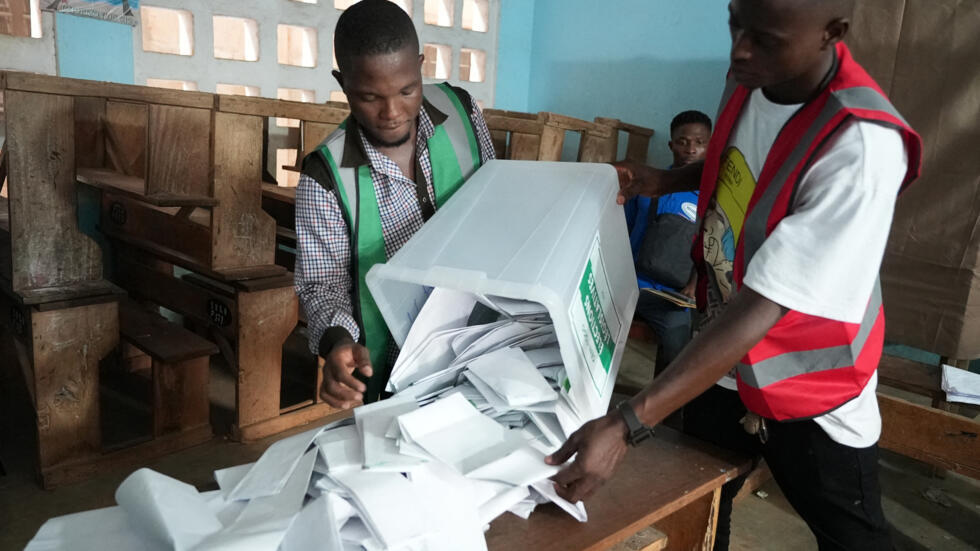Togo’s municipal and regional councillors cast their votes on Saturday in the country’s first-ever senatorial elections, amid concerns that President Faure Gnassingbé may be seeking to extend his grip on power through constitutional reforms.
Several opposition parties have announced a boycott of the elections, while civil society groups have condemned the parliamentary overhaul in the West African nation of nine million, labelling it a fraudulent process.
The newly adopted constitution eliminates the direct election of the president, replacing it with a parliamentary system in which the head of state assumes a largely ceremonial role.
Executive power will instead be concentrated in the hands of the president of the Council of Ministers—a position currently held by Gnassingbé, who has ruled Togo since 2005, following the 38-year tenure of his late father.
Under the previous constitution, Gnassingbé would have been eligible for only one final presidential term in the election set for later this year.
Saturday’s vote saw more than 1,500 municipal councillors and 179 regional councillors selecting 41 out of 61 senators from a pool of 89 candidates.

The remaining 20 senators will be appointed by the president of the Council of Ministers—effectively, by Gnassingbé himself.
Polling stations opened at 7:00 am and were scheduled to close at 4:00 pm.
“It’s a new constitution that we have never tested. We had to test it to see the sides that are not good and to appreciate the rest,” said municipal councillor Vimenyo Koffi, who cast his vote early in the capital, Lomé, speaking to AFP.
Among the opposition, the Alliance of Democrats for Integral Development (ADDI) confirmed its participation in the senatorial elections.
However, other major opposition parties—including the National Alliance for Change (ANC) and the Democratic Forces for the Republic (FDR)—rejected the process, condemning it as a “constitutional coup d’état.”
On Wednesday, the ANC issued a statement voicing its “firm rejection of this anti-democratic process that aims to install an illegal and illegitimate republic.”
Earlier in the week, the FDR criticised the elections as a “parody” and argued that establishing the Senate would be an unnecessary financial burden at a time when “our municipalities and regions painfully lack the financial means to address the population’s vital needs.”
Supporters of Gnassingbé insist that the constitutional changes will enhance political representation.
His ruling party, the Union for the Republic (UNIR), secured a landslide victory in legislative elections last April.
However, opposition groups dismissed the vote as an “electoral hold-up” marred by “massive fraud.”


